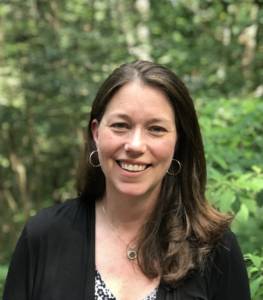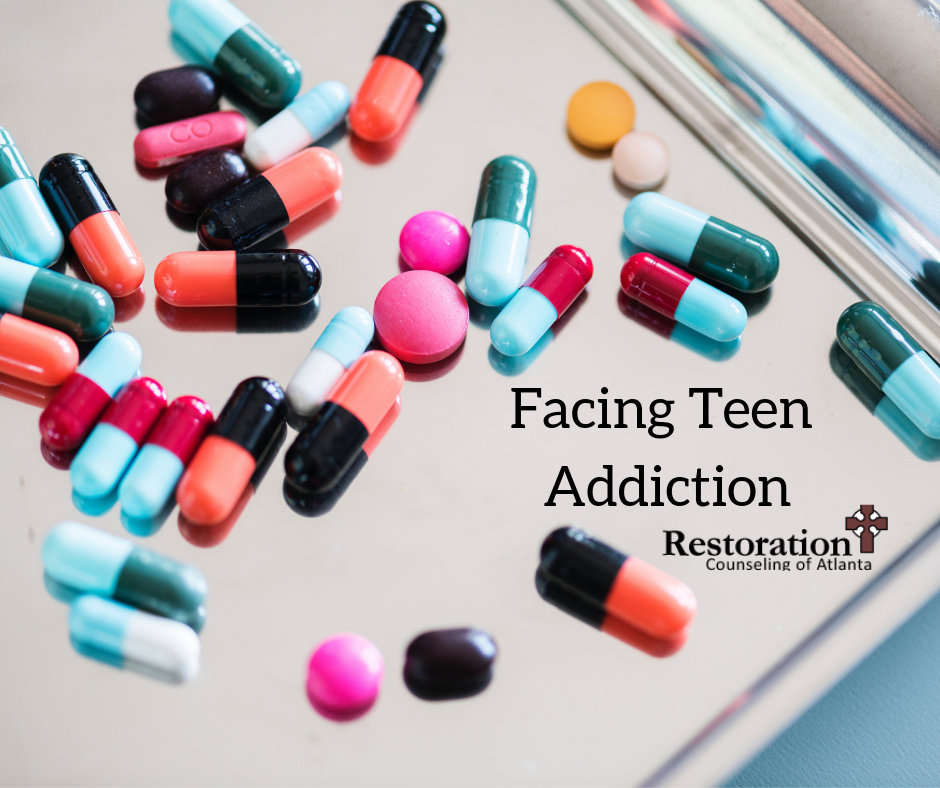If you are facing teen addiction, you are not alone. Teen substance abuse is a disease that impacts adolescents in every ethnic, religious, and socioeconomic group, and it’s on the rise [1]. Thirty-three percent of high school students report having at least one drink of alcohol in the past 30 days. Eighteen percent report having 5 or more drinks in a row. Many turn to marijuana, opioids, methamphetamines, and other illicit drugs to self-medicate psychological and physical pain [2].
Substance Abuse and the Teen Brain
Peer pressure is the most common reason teens first try addictive substances. They want to “fit in.” Since teens may not readily see the damage caused by addiction, they believe that they will be ok, but the fact is, drugs and alcohol are dangerous. Addictions form quickly and have the ability to permanently alter the development of a teenager’s brain. Drugs and alcohol hijack the brain’s natural communication system. Some substances mimic neurotransmitters and send abnormal messages throughout the brain. Others directly destroy brain cells and cause long term impairment. This impairment can leave a teen without the ability to feel normal or think clearly without the drug [3]. Alcohol and drugs are the leading factors in teen suicides and the leading causes of crimes among youth. Without help, teen substance abuse causes serious problems for individuals, relationships, and families.
Hope for Addicted Teens
The good news is that addiction is a disease that can be treated. In the United States, more than 21 million people have recovered from addiction [4]. Although addiction and recovery differ for each person, many teens benefit from evidence-based, scientifically tested treatments found in counseling. Counselors, such as myself, help adolescents learn how to participate in recovery and resist drug use and relapse. We work with families to help them provide an environment of support for the addicted teen and the family members impacted by addiction. We also coordinate care with physicians, treatment centers, and community resources to ensure that our clients receive the best possible care and give them the tools to break free from addiction. Our goal is for them to experience the physical, social, and mental health benefits needed for recovery.
References
- https://www.drugabuse.gov/publications/drugfacts/nationwide-trendshree percent of high school students
- https://www.hhs.gov/ash/oah/adolescent-development/substance-use/drugs/index.html
- https://www.projectknow.com/
- https://www.ncadd.org/about-addiction/underage-issues/the-real-story-about-alcohol-and-other-drugs
 Written by: Andrea Brandt
Written by: Andrea Brandt
Andrea is a Clinical Mental Health Counseling (CMHC) student at Richmont Graduate University, a Christ-centered academic environment. She completed her coursework and is now serving clients at Restoration Counseling of Atlanta as a counseling intern and offering reduced cost counseling.
Andrea’s education has equipped her to work with women, men, couples, and teens from various backgrounds who desire to change unwanted habits and behavior, reduce stress and depression related to daily living and past experiences, improve relationships, and enhance overall well-being. She also works with clients who are experiencing the pain of grief and loss.

